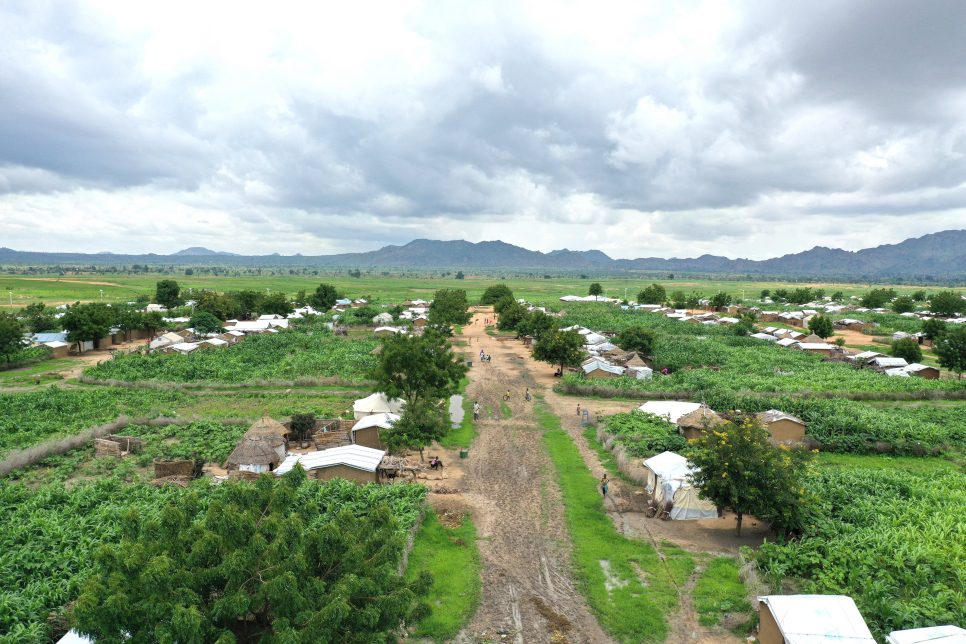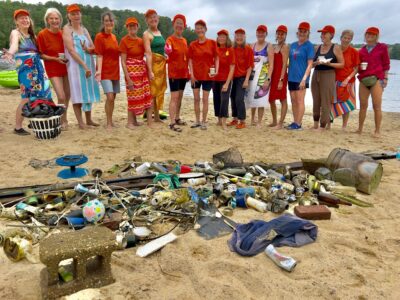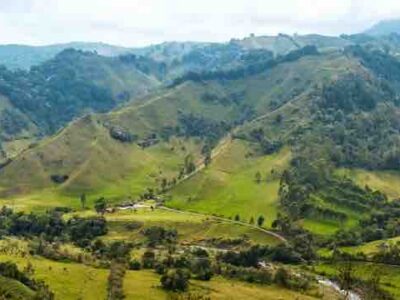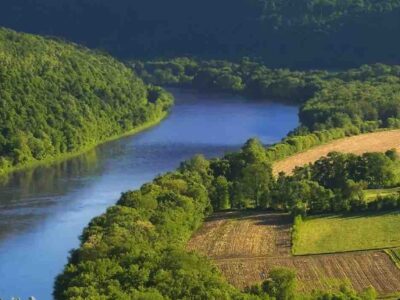A town in Cameroon has become a place of new beginnings in more ways than you can imagine. Following the rise of the insurgent group Boko Haram in 2014, thousands of refugees fled their homes in Nigeria to escape a state of civil unrest. They crossed the Cameroonian border enmasse, many eventually finding their way to the town of Minawao.
Minawao provided a lot of essentials for these desperate families – immediate safety from the Boko Haram faction that operated just a few miles to the West and an abundance of natural resources in the form of a lush, densely packed treescape.
A developed housing infrastructure was a luxury that fleeing such oppression could not afford, and firewood was crucial to the survival of a camp growing larger by the day.
Soon, however, the refugee situation grew to a point where it was no longer environmentally tenable. Some 60,000 refugees later, Minawao saw its forest rapidly deteriorate in a way similar to the plot of The Lorax, eventually becoming nothing more than a barren, stump-dotted plot of dirt. Not only was the refugee camp now without fire, which provides several basic human needs beyond heat, including the ability to cook food properly, but the formerly packed woods looked to be permanently consumed by the magnitude of human necessity. An already tenuous set of circumstances was now made even worse as scarcity of firewood, which governed life and death for the 95 percent of residents without alternative cooking options, drove prices up exponentially. With such an enormous shift taking place in only three years, it is evident that the situation could not continue.
The events that followed were a miracle – or even several miracles. The plight of Minawao drew the attention of many organizations, including the Dutch Lottery, Lutheran World Federation (LWF), and the United Nations Refugee Agency (UNHCR). Together, the groups quickly assisted the camp’s residents however possible.
In addition to providing immediate assistance, the international collaboration decided to help Minawao grow a sustainable agricultural infrastructure in the long term. Doing this would fix the root of the problem– a lack of reliable resources– and allow the camp to turn into an independently thriving city. It was also decided that the forest should be replanted.
In 2017, the group began working with community volunteers to cultivate a robust supply of saplings that included fruit trees, acacias, moringas, cashews and more. The idea was to grow as many valuable resources as possible for as many immediate needs. These trees would soon provide food, medicine and firewood, to name a few.
The mission has already been an overwhelming success. Minawao looks greener than the 2014 days before the refugee crisis, but it has a level of vegetation more significant than anything the longtime residents can remember experiencing. In the five years since the collaboration began, more than 360,000 trees have been planted, with an over 90 percent survival rate. There is enough firewood, but there is now a thriving economy of resources within the camp. “Everywhere we look is green now,” says Luka Isaac, president of the Nigerian refugee group. “The trees have grown, we have shade, and we will have enough trees to make our environment beautiful and healthy.”





